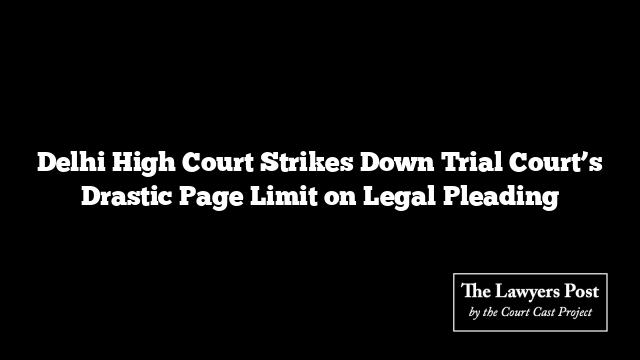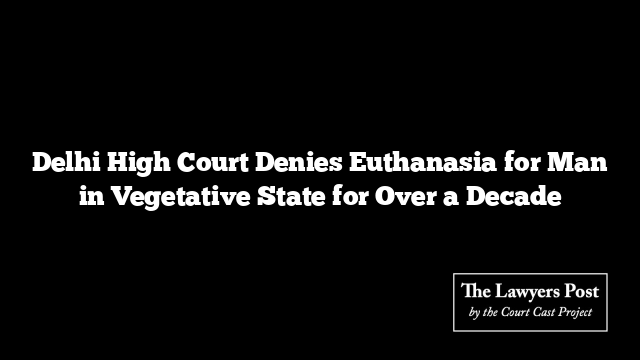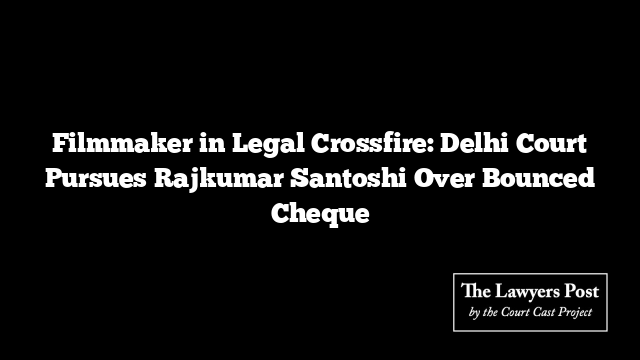In a recent turn of events, the Delhi High Court has invalidated a trial court’s directive mandating a drastic reduction of a 45-page plaint to a mere five pages in a recovery suit against the National Highways Authority of India (NHAI).
Justice Manoj Jain, presiding over the case, emphasized the necessity of brevity in legal documents but underscored the impracticality of condensing essential details into such a restrictive format.
“While conciseness in legal pleadings is indeed important—brevity being the soul of wit—it is unreasonable to expect that all pertinent details can be encapsulated within a five-page limit,” Justice Jain remarked in the order dated July 4.
The petitioner had originally submitted a 45-page plaint seeking the recovery of approximately ₹16 lakhs. However, the trial court, during discussions on territorial jurisdiction, invoked Order VI Rule 16 of the Code of Civil Procedure (CPC) to unilaterally order the plaintiff to refile a condensed five-page version.
The High Court pointed out that Order VI Rule 16 allows for striking off pleadings if they are deemed unnecessary, scandalous, frivolous, vexatious, or if they impede the fair trial of the suit. However, the trial court’s reasoning was simply that the length of the plaint hindered issue settlement—a rationale that the High Court found insufficient.
“This is not the intended purpose of striking off pleadings,” the High Court clarified.
Consequently, the order was quashed, though the High Court acknowledged that the trial court retains the authority to use Order VI Rule 16 appropriately, provided that specific reasons are clearly stated.





